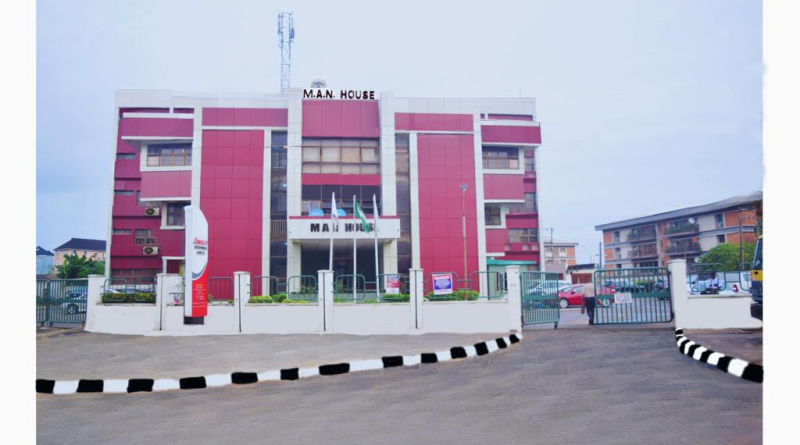15% import tariff on petrol will strengthen local content – MAN
The Manufacturers Association of Nigeria (MAN) on Wednesday commended the Federal Government for approving a 15 per cent import tariff on petrol and diesel, describing it as a strategic move to strengthen local content and promote the use of made-in-Nigeria products.
MAN said the decision aligns with the government’s “Nigeria First” agenda and its long-standing advocacy for policies that protect local industries, encourage domestic patronage, and foster industrial development.
In a statement signed by its Director-General, Segun Ajayi-Kadir, the association said the new tariff would help strengthen domestic refining capacity, conserve foreign exchange, and advance Nigeria’s industrialisation goals.
“This strategic policy has reassured domestic manufacturers that the government is attentive to the imperatives of growing indigenous manufacturing,” Mr Ajayi-Kadir said.
“It is a sure step in the promotion of local value addition, strengthening domestic refining capacity, conserving foreign exchange, and advancing Nigeria’s long-term industrialisation objectives.”
President Bola Tinubu last month approved a 15 per cent import tariff on petrol and diesel to strengthen local refining capacity and ensure a stable fuel supply across the country. The measure, initiated by Federal Inland Revenue Service (FIRS) chairman Zacch Adedeji, is aimed at preventing imported fuel from undercutting locally refined products such as those from the Dangote refinery.
Implementation is set to begin after a 30-day transition period to allow importers to adjust cargoes already in transit and ensure a smooth rollout.
MAN described the tariff as a “rightful, deliberately designed policy instrument intended to protect and encourage domestic producers, curb dumping, and create a stable environment for local refiners to thrive.”
The group added that the measure would help accelerate the operational readiness of local refineries, stabilise energy supply to industries, generate employment, and promote local engineering and fabrication services.
While supporting the new tariff, MAN called for transparent and efficient implementation to ensure its benefits reach both manufacturers and consumers. It urged the government to monitor domestic fuel prices, reinvest tariff proceeds in energy infrastructure, and support small and medium manufacturers who rely on diesel-powered generators during the transition period.
The association also encouraged the government to create incentives for investors to establish more modular and conventional refineries and to privatise state-owned refineries to end what it described as “an evidently irredeemable venture.”
MAN reaffirmed its commitment to supporting the Federal Government’s “Nigeria First” policy direction, saying the tariff would “accelerate the country’s journey toward energy sovereignty, industrial competitiveness, and sustainable economic growth, all anchored on the strength of Made-in-Nigeria.”


